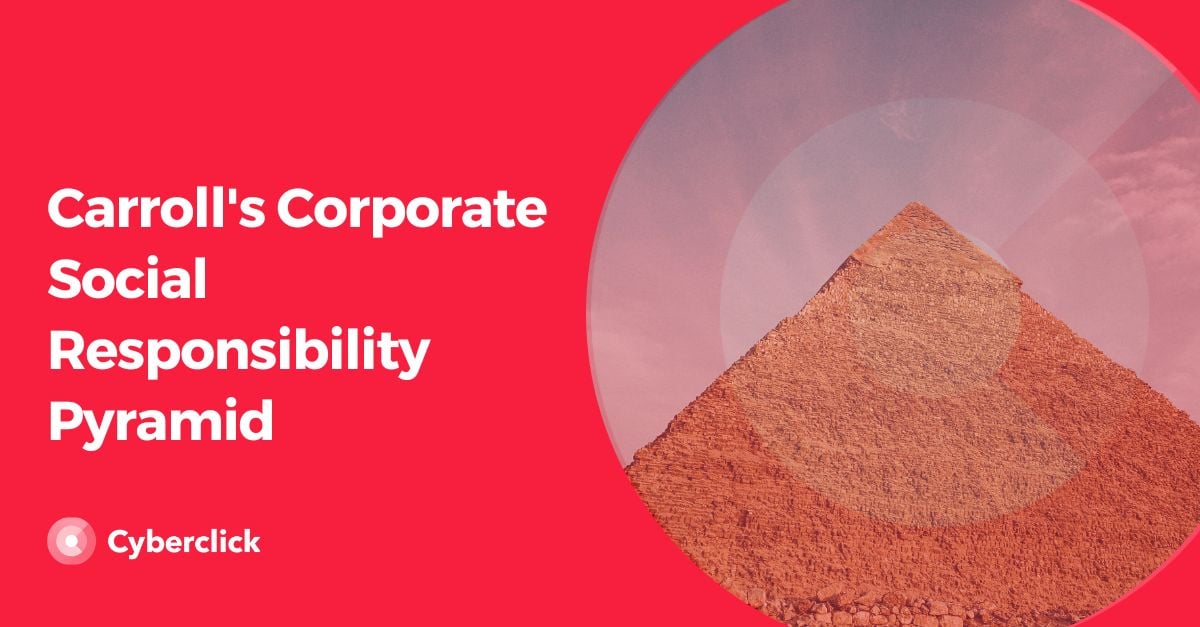Company culture, also known as corporate culture, is a term that describes the shared values, beliefs, work practices, and behaviors of an organisation. It determines how a company’s employees and management interact, and it influences a variety of aspects, ranging from marketing and brand reputation to employee satisfaction and productivity.
As an employer, it is important to foster a company culture that is adaptable, and open to improvement. It is also important to have a clear definition of what type of culture you want to nurture in your organisation.
In this post, we will discuss what company culture is, and why it is so important for your business. We will also break down some of the most common company culture types to help you define your own unique culture and get the best from your organisation.

What Is Company Culture?
Company culture is the social order of an organisation that defines what is encouraged, discouraged, accepted, or rejected. In short, it refers to a company’s cultural norms. These norms guide the way employees interact with each other and the public, the corporate values and beliefs they hold, and the decisions that they make.
An organisation’s culture can be nurtured over time or evolve organically. It is shaped by a company’s shared beliefs, values, behaviors, working environment, leadership style, goals, and expectations. To build a strong company culture that drives tangible business growth, all employees must understand and share the purpose and values that guide a company’s culture. They must also be clear on the goals and expectations of their role.
There are many culture types in the business world. Some companies have a team-based culture that is focused on employee participation, while others value a more traditional or hierarchical approach. Whatever style you want in your company, it’s important to make sure that it is authentic and that it aligns with your business's mission and values.
Why Company Culture Is Important
- The right company culture makes for happy and engaged employees. This is because when values and beliefs are aligned, employees feel more invested and satisfied. They are also more likely to develop better relationships with their teammates and colleagues. And, as we all know, happy employees tend to be far more productive and efficient. They are also far more likely to stay in a job where they are happy which reduces turnover, decreases replacement training costs, and increases overall retention rates.
- The right company culture doesn’t just improve employee engagement, satisfaction and retention - it also forms the foundation of a potentially thriving business. In fact, studies have demonstrated that companies that prioritize a positive culture tend to be more successful in the long run. This is because when employers and employees understand and share a common purpose and vision, everyone is on the same page and there is a clear roadmap to success.
- Organisations that nurture their company culture are also better equipped at evolving and adapting to changing markets and climates. This is because a culture of shared purpose and values encourages business and HR leaders to ask the right questions and push for change when needed.
- Building a solid company culture can also help improve your reputation and the public's perception of your brand, as consumers appreciate companies with strong, ethical values. Companies that fail to foster the right corporate culture that values their employees run the risk of creating consumer mistrust and damaging their reputation. They are also less likely to attract top talent as culture can be a game-changer for potential applicants.
Different Types of Company Culture
As mentioned, there are many company culture types in the modern business world. Although no two companies will have the exact same culture, there are a number of common characteristics that can help define and categorize the some common types of organisational culture.
The type of company culture you cultivate will depend on many factors, including the size of your organization and the industry you are in. Of course some corporations take elements from different culture types to create a mix that suits them. That’s fine because every organisation is different, and company culture is flexible. What matters most is having a clear definition of who you are and what you stand for.
A “Team-First” Company Culture
Of all the company culture types, the “team-first” approach is becoming increasingly popular in many markets and industries. In a “team-first” company culture, the primary focus is on employee engagement and satisfaction. This usually includes frequent employee events and team building exercises. It also includes providing employees with regular opportunities to share feedback and suggestions, as well as flexible working solutions that provide increased autonomy and foster a results-driven approach to productivity.
The fundamental belief with company cultures of this type is that if employees are happy, they will work harder and be more willing to go the extra mile.
A Traditional Company Culture
Organisations with this type of culture tend to have more formalized hierarchies and procedures. This might include having a dress codes, strict chains of command, and defined processes for interacting and communicating with other departments.
More traditional cultures such as these are best suited to formal institutions that operate with risk-averse business practices, such as legal or financial institutions, as businesses in these industries tend to have stricter guidelines for roles and procedures.
A Horizontal Culture
In horizontal cultures, there is less of a focus on organisational structure, hierarchies, and job titles. Instead, everyone pitches in where needed. Teamwork, collaboration, and the exchange of ideas are the hallmarks of a horizontal organisation.
This culture type is best suited to small companies and start-ups where resources are limited and work is fluid. Instead of having fixed roles and responsibilities, employees are more hands-on and collaborative and everyone shares one primary goal: keeping the customer or client happy.
CEO y cofundador de Cyberclick. Cuenta con más de 25 años de experiencia en el mundo online. Es ingeniero y cursó un programa de Entrepreneurship en MIT, Massachusetts Institute of Technology. En 2012 fue nombrado uno de los 20 emprendedores más influyentes en España, menores de 40 años, según la Global Entrepreneurship Week 2012 e IESE. Autor de "La empresa más feliz del mundo" y "Diario de un Millennial".
CEO and co-founder of Cyberclick. David Tomas has more than 25 years of experience in the online world. He is an engineer and completed an Entrepreneurship program at MIT, Massachusetts Institute of Technology. In 2012 he was named one of the 20 most influential entrepreneurs in Spain, under the age of 40, according to Global Entrepreneurship Week 2012 and IESE. Author of "The Happiest Company in the World" and "Diary of a Millennial".






Leave your comment and join the conversation